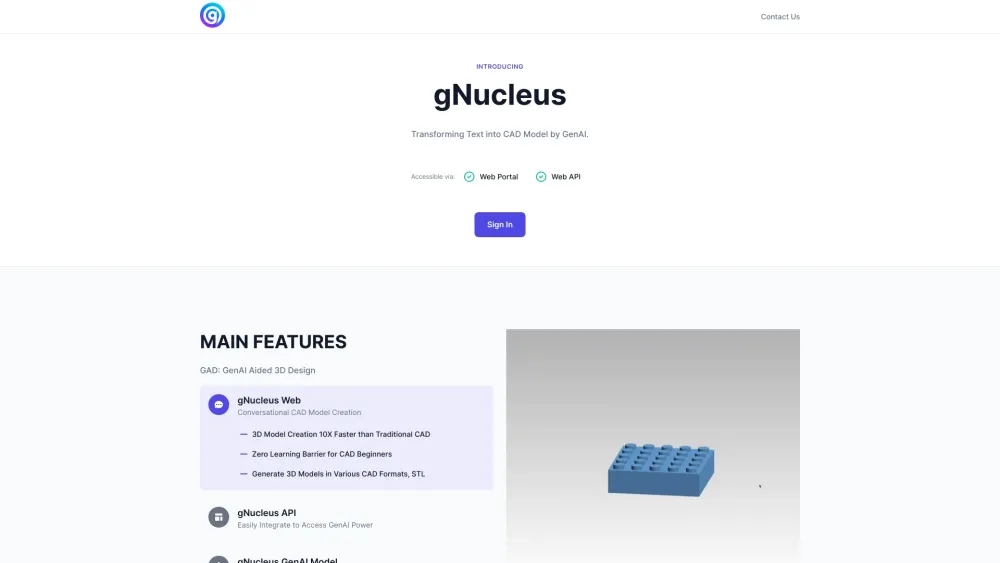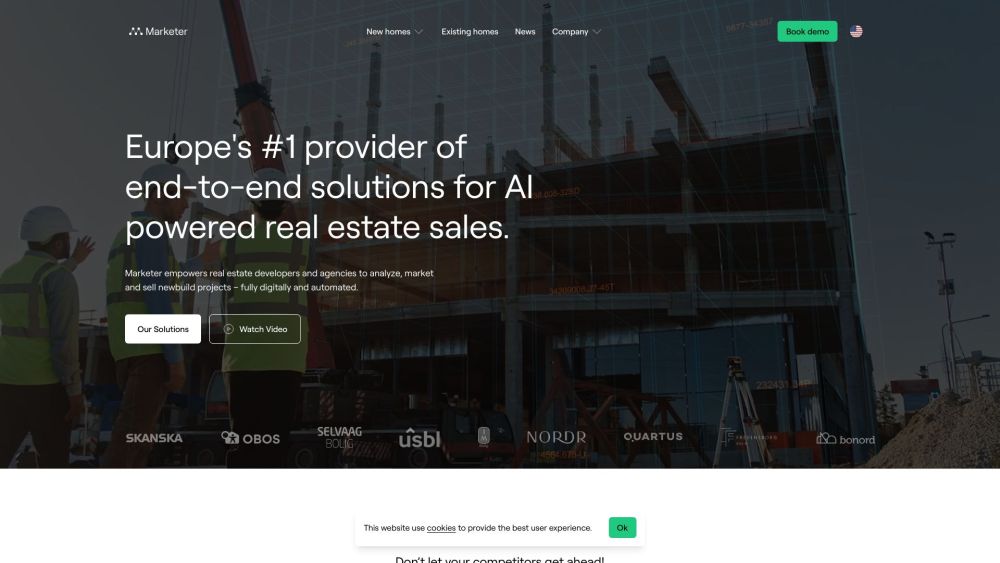Nvidia and Foxconn have teamed up to create innovative "AI factories," a new generation of data centers designed to harness supercomputing power for advancing self-driving technology, autonomous machinery, and industrial robotics.
The partnership was announced by Nvidia founder and CEO Jensen Huang and Foxconn chairman and CEO Young Liu during the Hon Hai Tech Day in Taiwan. These AI factories will leverage Nvidia’s GPU computing infrastructure to process vast quantities of data, transforming it into valuable AI models and insights.
“We’re constructing a comprehensive end-to-end system where advanced electric vehicles (EVs) are equipped with an AI brain for real-time interaction with drivers and passengers while enabling autonomous driving. This system is further enhanced by an AI factory that develops software for these vehicles,” Huang explained during his presentation. “As these cars accumulate life experiences, they will generate data that feeds back to the AI factory, allowing for continuous software improvements and updates across the entire AI fleet.”
This latest collaboration builds upon a previously established partnership between Nvidia and Foxconn, announced in January, aimed at developing autonomous vehicle platforms. Under this agreement, Foxconn will act as a primary supplier of electronic control units (ECUs) for automakers, which will incorporate Nvidia’s Drive Orin system-on-a-chip (SoC), a powerful AI platform that enables autonomous driving features. Moreover, Foxconn plans to manufacture ECUs featuring Nvidia’s next-generation Drive Thor SoC, with production set to begin in 2025.
Within this partnership, Foxconn has also been launching various off-the-shelf EV platforms available for automakers. Vehicles produced as a contract manufacturer will utilize Nvidia’s Drive Hyperion 9 platform, which not only includes Drive Thor but also essential sensors like cameras, radar, lidar, and ultrasonic systems for self-driving functionality.
Currently, Foxconn is engaged in building EVs for Fisker, despite facing legal challenges from its former partner Lordstown Motors. To ensure the success of these AI factories, scalability is crucial, as they will need to effectively compete with industry leader Tesla.
These AI factories can be seen as direct competition to Tesla's Dojo supercomputer, which began production over the summer. Dojo is designed to train Tesla’s neural networks that power and enhance its full self-driving (FSD) capabilities. CEO Elon Musk envisions a future where FSD achieves true autonomy, relying heavily on the extensive computing power provided by Dojo.
Tesla currently operates a vast supercomputer based on Nvidia GPUs; however, Dojo represents Tesla's shift to custom-designed chips. In the development of the Foxconn-Nvidia AI factories, they will utilize Nvidia’s GH200 Grace Hopper Superchip and AI Enterprise software.
The applications for these AI factories extend beyond self-driving vehicles. During the Hon Hai Tech event, Liu articulated Foxconn’s ambition to evolve from a manufacturing service provider to a comprehensive platform solutions company by deploying these AI factories across various sectors. Foxconn is initially focusing on three key areas: Smart EVs, smart cities, and intelligent manufacturing.
“This factory takes data input and generates intelligence as an output,” Huang commented, with Liu affirmatively agreeing. “In the near future, every industry and organization will integrate an AI factory.”




